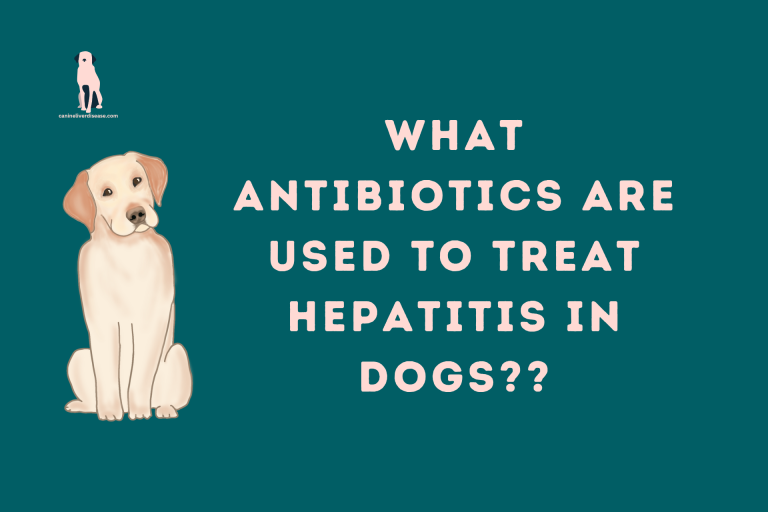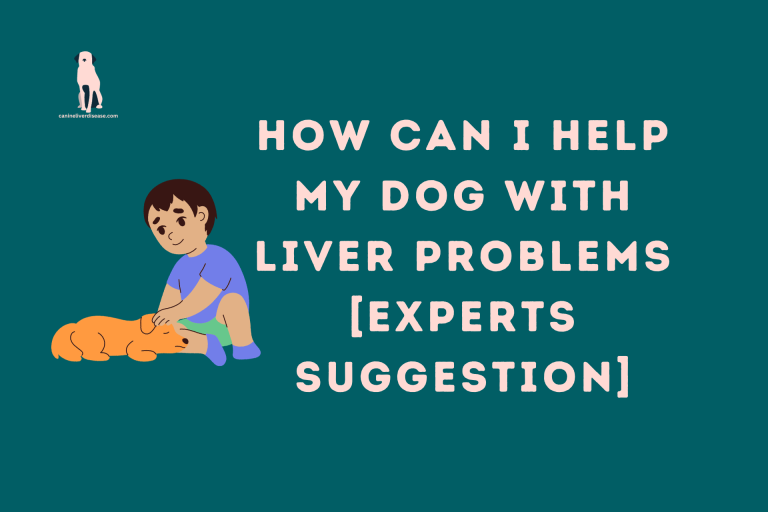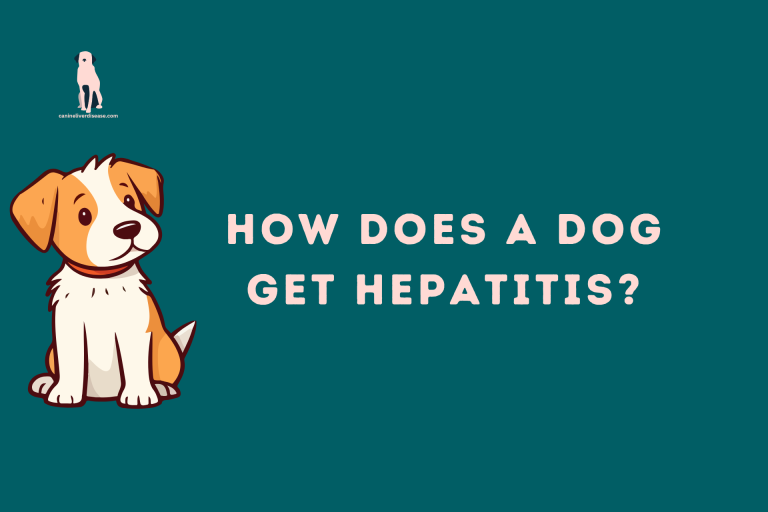What Drugs Cause Liver Damage In Dogs?
When it comes to our furry companions, their health is of utmost importance. One aspect of their well-being that often goes unnoticed is the potential harm certain medications can cause their livers.
In this article, we’ll dive into the world of drugs that can lead to liver damage in dogs. We’ll explore the most common culprits, their effects on your canine friend, and what you can do to keep them safe. So, let’s get started on this crucial journey to protect your pet’s liver health.
What is Liver Damage in Dogs?
The liver is vital to your dog’s overall health, including metabolizing drugs. However, some medications can place an undue burden on this organ, leading to severe consequences. Look at the drugs and conditions that can harm your dog’s liver.
Common Medications Linked to Liver Damage
Primidone, Phenytoin, Phenytoin, and Zonisamide: These anticonvulsant medications can be necessary for managing seizures in dogs, but they come with the potential risk of liver toxicity.
Chronic Hepatitis: A chronic inflammatory condition of the liver can lead to long-term liver damage if not managed properly.
Everyday Dangers
Apart from prescribed medications, there are everyday items that can pose a threat to your dog’s liver:
Dog Food: Low-quality dog food with excessive fillers and additives can strain the liver over time.
Acetaminophen: This common over-the-counter pain reliever can be toxic to dogs if ingested.
Nonsteroidal Anti-Inflammatory Drugs (NSAIDs): If given to dogs without veterinary supervision, drugs like ibuprofen or naproxen can lead to liver damage.
Antifungal Medications: Medications like ketoconazole should only be administered under veterinary guidance due to their potential liver-related side effects.
Chemotherapy Drugs: Doxorubicin, used in cancer treatment, can have hepatotoxic effects on dogs.
Heart Medications: Amiodarone, vital for heart health, can harm the liver if not closely monitored.
Antibiotics: Certain antibiotics like tetracycline or erythromycin can affect liver function in dogs.
Anticonvulsant Medications: Besides the ones mentioned earlier, valproic acid should also be used cautiously.
Corticosteroids: Prednisone or dexamethasone, when administered long-term, can lead to liver issues.
Antidepressant Medications: Tricyclic antidepressants or selective serotonin reuptake inhibitors (SSRIs) should be prescribed and monitored by a veterinarian.
Antihistamines: Diphenhydramine or cetirizine, if not used as directed by a vet, can harm the liver.
Q1: How can I tell if my dog is experiencing liver damage?
A: Look for signs such as loss of appetite, jaundice (yellowing of the eyes and gums), vomiting, and lethargy. If you suspect liver issues, consult your vet immediately.
Q2: Can I give my dog pain relievers like ibuprofen for minor discomfort?
A: No, human pain relievers like ibuprofen and naproxen harm dogs. Always consult your veterinarian for safe alternatives.
Q3: Are there any dog-friendly alternatives to common medications?
A: Yes, your vet can recommend safe alternatives for pain relief, anxiety management, and other common issues.
Q4: How can I support my dog’s liver health?
A: Provide a balanced diet regular exercise, and avoid exposing your dog to toxins. Follow your vet’s recommendations for medications and supplements.
Conclusion
Your dog’s liver health is crucial for their overall well-being. Understanding which drugs and substances can harm their liver is the first step in ensuring your furry friend’s long and healthy life. Always consult with your veterinarian for guidance on medication and lifestyle choices. By taking proactive steps, you can safeguard your beloved pet from the risks of liver damage. Remember, a healthy liver means a happy and active dog.







